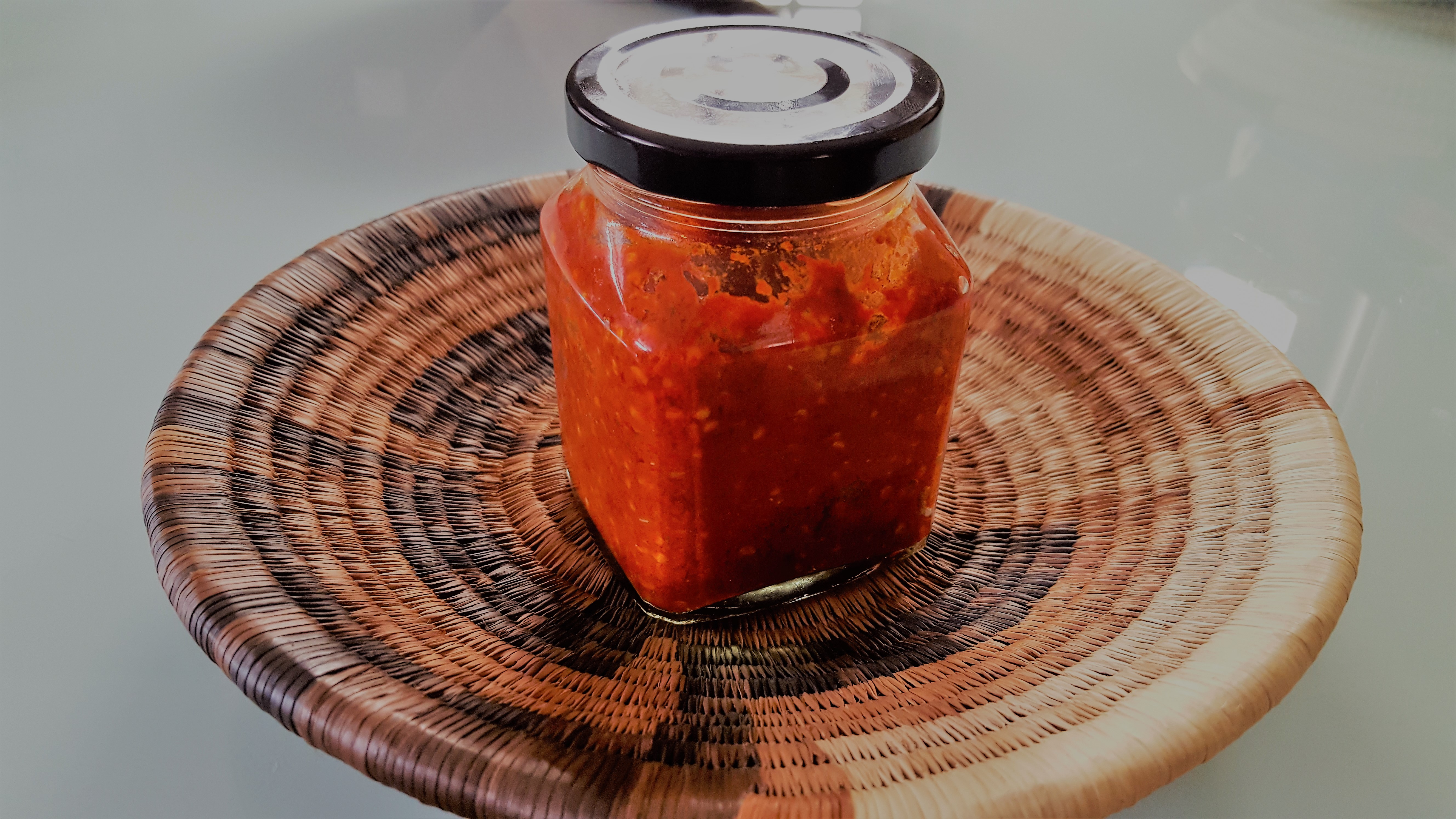
Vitamin D studies and COVID-19
Written by Robert Connolly
Vitamin D has been a widely observed and studied supplement long before COVID-19 surfaced and will continue to be studied for many years to come. The onset of the pandemic has sparked many new studies to better understand the possible effects vitamin D has to help in deterring or defeating the virus. This important vitamin has made countless headlines over the past year and, in some cases, has even been a little controversial when the discussion involves the 2019 coronavirus. Let’s cut straight through the controversy and evaluate what the current evidence supports regarding the effects vitamin D has on COVID-19.
A study from 2018 had estimated that 40% of American adults were vitamin D deficient. With lockdowns and quarantines in full effect throughout 2020, it is likely that the percentage has increased due to lack of sunlight and proper diets. According to examine.com, “Mechanistic and observational evidence suggests that COVID-19 is less severe in people with adequate vitamin D levels. Vitamin D supplementation seems to help prevent COVID-19 complications, but only two randomized trials have been conducted thus far.” Publications have only begun to be available as of mid-2020 and additional research is ongoing.
Vitamin D Supplementation
A pilot randomized controlled trial found that ICU admission was needed by 50% of the COVID-19 patients not taking vitamin D, but by only 2% of those taking vitamin D.
A cohort study found that COVID-19 patients taking a supplement containing 150 mg of magnesium, 500 μg of B12, and 25 μg (1,000 IU) of D3 were less likely to require supplemental oxygen or ICU support than a control group.
A randomized controlled trial found a lack of benefit of 200,000 IU of vitamin D for those hospitalized due to COVID-19. The study, however, can’t rule out primary prevention or efficacy when vitamin D is taken earlier.
“Clinical evidence for vitamin D’s benefits is still very preliminary and inconsistent. Typically, many good studies need to be analyzed together for us to be confident that a supplement works. The results of the pilot study look very impressive, but the negative study casts doubt, and we need more research,” concluded examine.com based on current evidence.
Vitamin D levels
A meta-analysis associated vitamin D levels under 30 ng/mL with a 43% increase in odds of COVID-19 infection.
A systematic review and meta-analysis found that, while vitamin D deficiency was not associated with the risk of COVID-19 infection, people who had COVID-19 had lower vitamin D levels than those who did not have COVID-19.
One systematic review found that COVID-19 patients with a poor prognosis had lower levels of vitamin D than those with a good prognosis.
A retrospective cohort study found that people with vitamin D deficiency were more likely to die from COVID-19.
A restrospective cohort study found that vitamin D levels over 40 ng/ml may be the most protective for Black people, whereas level didn’t seem to matter for White people.
A retrospective cohort study found a strong, inverse correlation between vitamin D levels and COVID-19 infection rate.
A retrospective cohort study associated higher vitamin D levels with lower mortality: ≥30 ng/mL (≥75 nmol/L) with 9.2% mortality; <30 ng/mL with 25.3% mortality.
Overall, lower vitamin D levels seem correlated with a higher risk of COVID-19 and its complications, but one of the meta-analyses casts some doubt on this. It’s also possible that people with lower vitamin D levels are more susceptible due to worse general nutrition, a higher rate of comorbidities, a higher level of systemic inflammation, or other confounding factors. We’ll learn more in the next few months as we keep reviewing and summarizing studies on this topic for our Members.
Mechanisms
A review reported a notable correlation between lower vitamin D levels and both COVID-19 infection rate and poor COVID-19 outcomes. It hypothesized that vitamin D might reduce the risk of COVID-19 infection and death by improving innate immunity, maintaining cell junctions, modifying gene expression, and acting as an antimicrobial.
A narrative review reported that vitamin D supplementation may benefit patients with COVID-19 by reducing the macrophage-driven hyperinflammatory response in the lungs.
It’s very clear that vitamin D plays a significant role in immune function and regulation, but it’s not so clear how low vitamin D levels need to be for this to be relevant to COVID-19.
General nutrition for COVID-19
A narrative review associated vitamin D deficiency or insufficiency with worse COVID-19 outcomes. It also found that vitamin D supplements enhanced the immune response to COVID when combined with high-dose vitamin C. (But a five-day open-label randomized controlled trial found that high-dose intravenous vitamin C was unlikely to improve COVID-19 outcomes.)
In Conclusion
While there isn’t clear evidence that vitamin D helps fight off COVID-19, this disease does seem less severe in people with adequate vitamin D levels. The benefits of vitamin D are plausible, but keep in mind that, in the past, mechanistic and observational evidence in favor of vitamin D was not always confirmed in clinical trials.[1]
source: What does the evidence say about vitamin D and COVID-19? | Examine.com

5 (more) Healthy Infographics
You May Also Like

5 Self-Care Practices That Will Reduce Stress and Improve Your Life
February 6, 2019
Spicy foods, salt, and my salsa recipe
November 3, 2017
